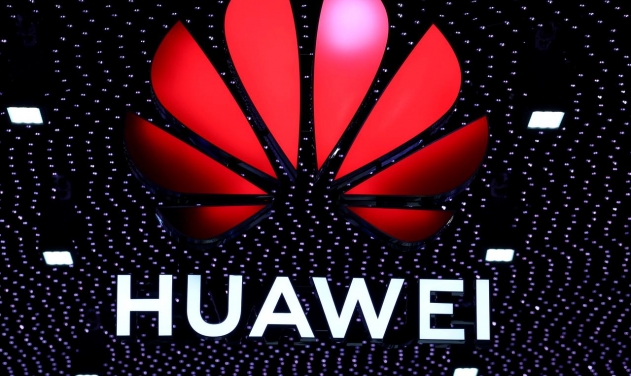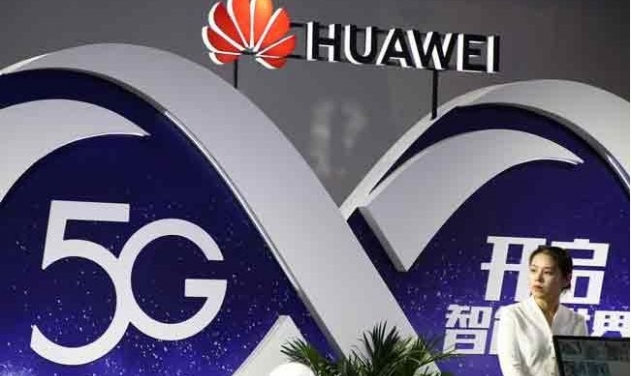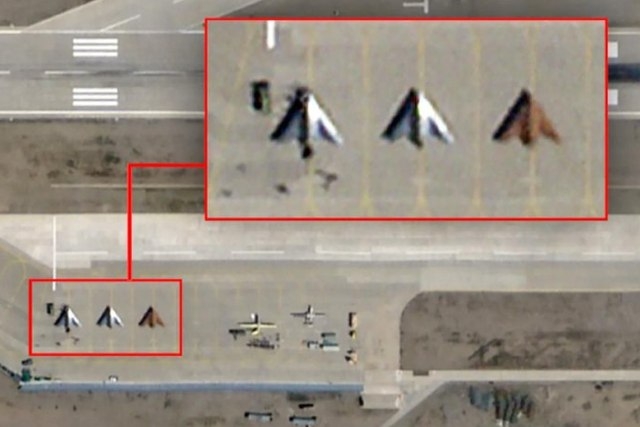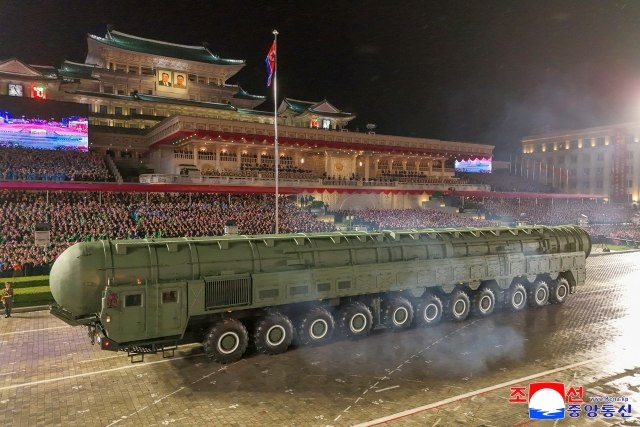US Firms To Renew Business With Huawei Soon: Official
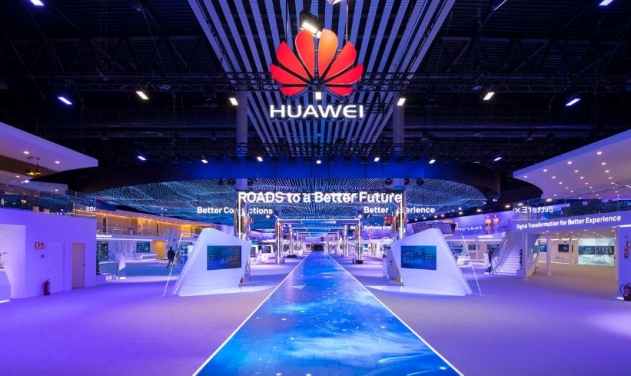
The American companies may soon be allowed to re-start new sales to Huawei in two weeks, a senior US official said on Monday.
“The US may approve licenses for companies to re-start new sales to Huawei in as little as two weeks,” the senior US official was quoted as saying by Reuters.
“The senior official said that the licenses could be granted in two to four weeks. The official did not delineate the criteria for license approvals, but she came away believing they would be made on a case-by-case basis, at least at first, as the agency seeks to form more broad opinions,” a US manufacturer’s representative said.
The restrictions were placed after Huawei reportedly stole American intellectual property and violated Iran sanctions. The US also launched a lobbying effort to persuade US allies to keep Huawei out of next-generation 5G telecommunications infrastructure, citing concerns the company could spy on customers, an allegation the company has denied.
In May of this year, America prohibited companies from supplying new goods and services to China’s Huawei without license, which was likely to be denied. The companies, however, could sell goods in order to maintain existing networks and provide software updates to existing Huawei handsets.
The requirement for license is not required for all US’ sales to Huawei as certain products are manufactured abroad with little US components and thus, do not come under the scope of the US export controls.
But late last month, after meeting with Chinese president Xi Jinping, President Donald Trump announced American firms could sell products to Huawei. And in recent days, Commerce Secretary Wilbur Ross said licenses would be issued where there is no threat to national security.
Two US chipmakers, a customer response management company and a firm that simulates cross-sectional radar for Huawei are likely to file applications in the coming days.
Out of $70 billion that Huawei spent buying components in 2018, some $11 billion went to U.S. firms including Qualcomm (QCOM.O), Intel (INTC.O) and Micron Technology (MU.O).
“Since there’s no downside, companies are absolutely submitting applications, as required by the regulations,” said Washington lawyer Kevin Wolf, a former Commerce Department official.
A Huawei spokesman said “the Entity list restrictions should be removed altogether, rather than have temporary licenses applied for US vendors. Huawei has been found guilty of no relevant wrongdoing and represents no cybersecurity risk to any country so the restrictions are unmerited.”
When asked about the guidance from the senior official, a Commerce Department spokesman said the agency is “currently evaluating all licenses and determining what is in the nation’s best national security interest.”
The development has come at a time when the Chinese firm has reportedly been holding talks with Russian information security companies to collaborate with them over hardware and Operating Systems (OS). Over the past few months, Huawei has contacted several Russian firms, including the developers of Elbrus processors and Basalt SPO, MCST micro-processor company, as well as a producer of software and information security equipment.
